It’s that magical time of the year, almost like Christmas but dedicated just to you. That’s right, it’s your birthday. You’re celebrating another lap around the sun. Even if you’re not counting the years anymore, birthdays are a time to celebrate, have a few drinks, go out for dinner, and most importantly, eat cake.
Not everyone, however, celebrates birthdays. Those that do, often do so in so many different ways – it’s quite spectacular the vast differences that occur across the globe. So we thought we would take a look into some of the traditional celebrations.
How Do They Celebrate Birthdays In…
India
Birthdays in India are a celebration of togetherness and indulgence. Children ditch their school threads in favor of new clothes, often brightly colored and being worn for the first time on their birthday. You start with your dessert, before dinner!
After a happy birthday song has been sung, the birthday boy or girl slices the cake takes a small slice and then feeds it to their guests. The guests will, in turn, return the favor and feed the birthday celebrator back.
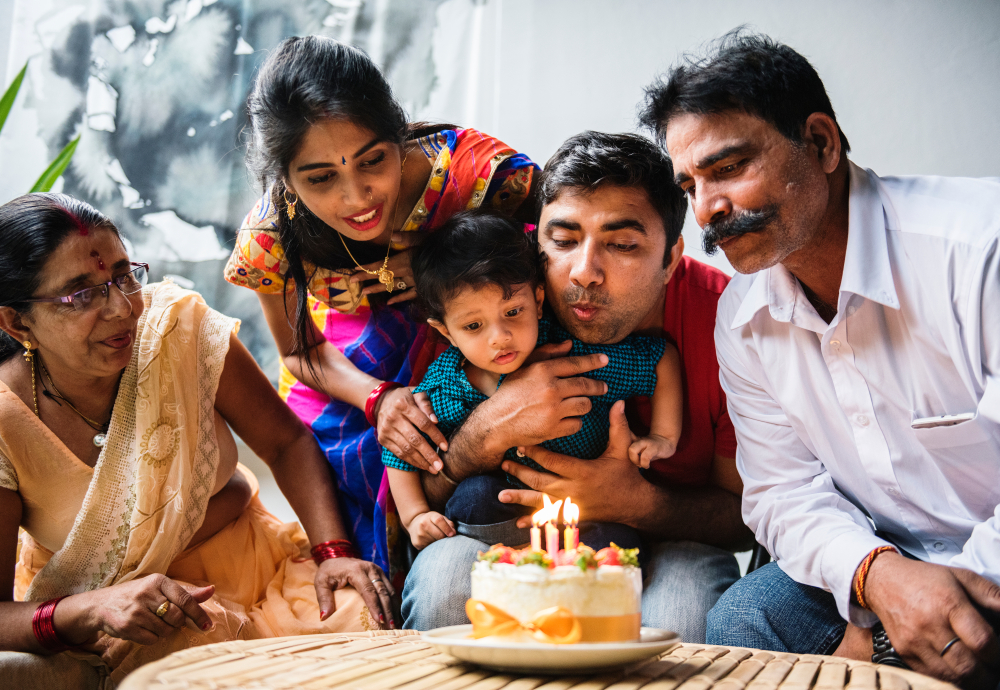
Japan
Before the 50s, Japan had one day that was dedicated to the celebration of birthdays. New Year’s Day. Everyone’s birthday would be celebrated then, as according to ancient beliefs, that was the day everyone got older.
As time has gone on this has changed and birthdays are celebrated individually, on each person’s true birthday. The only time you’d organize your party is as a child. Once older anything that is arranged is done so a few days before your actual birthday – and a cake is a must. It is very common in Japan to save your actual birthday for spending time with your partner, alone.
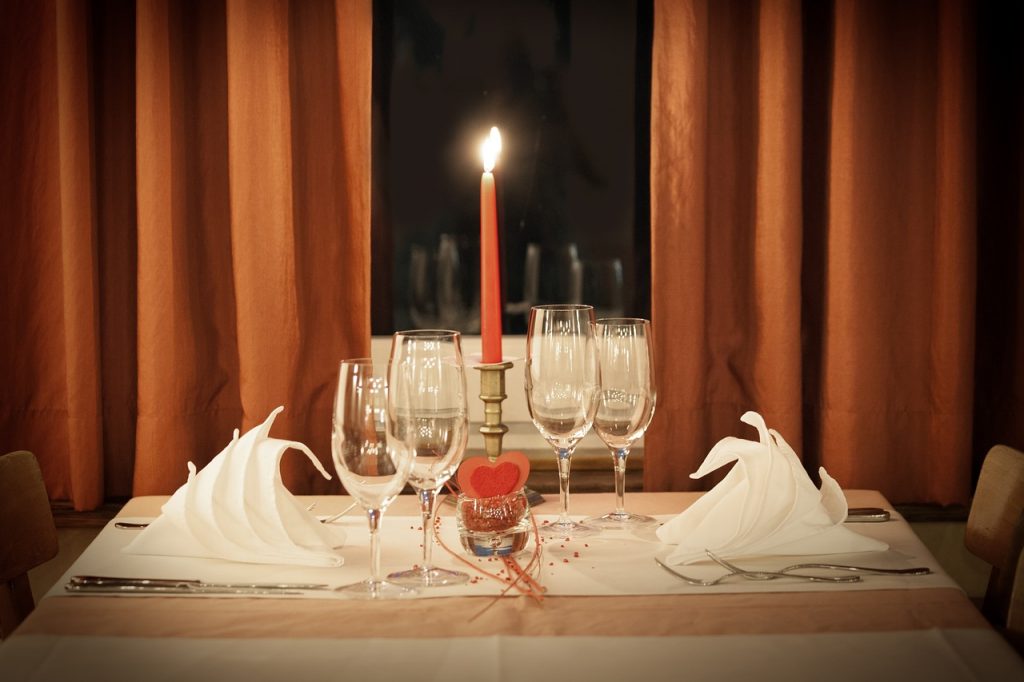
Mexico
Researching this one, I very much got the feeling that a lot of ‘Mexican Stereotypes’ came from their birthday celebrations. The traditions start with mariachis singing a song called ‘Las Mañanitas’ to serenade you as the sun rises. This song can be sung throughout the day as well. It is sung when the candles on the cake are lit, and it translates to ‘Little Mornings’.
Speaking of cake, another Mexican birthday tradition is the good ol’ faceplant. The face of the birthday boy or girl is pushed into a creamy cake in this tradition known as ‘la mordida’, while everyone chants Mordida! Of course, we can’t forget the traditional piñata, as no Mexican birthday is complete without one!
One of my favorites is the traditional tres leches cake (just in case you’re wondering – that’s a multicoloured mega cake). The more cream and layers, the better (couldn’t agree more). This cake is usually adorned with the things you love, similar to in Western cultures, but in a multicolored-mega-form.
Another incredibly adorable tradition is the covering of your car. This sees your car covered in an array of brightly colored post-its, each with a special something written on it. How sweet!
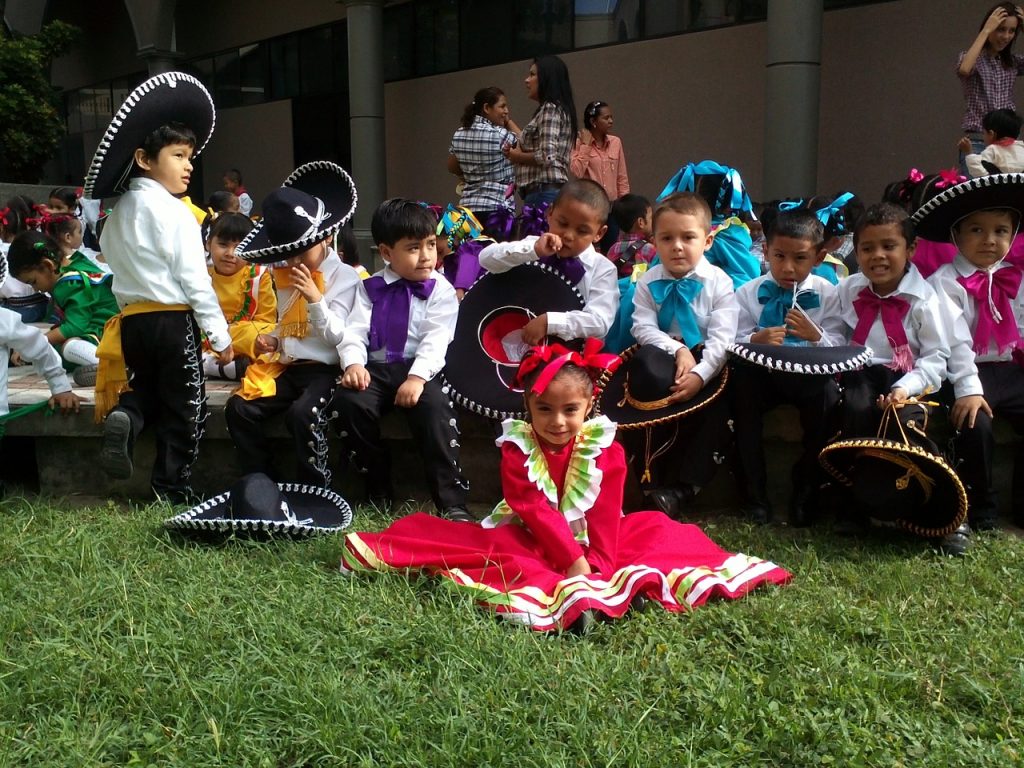
China
In China, being born automatically gives you a birthday. While in Western cultures you are born and then live a year before celebrating your first birthday, in China you are born as a one-year-old. Additionally in some Chinese traditions, although less common now, you will have a further year added to your age on your first Luna New Year’s Day. By the time you reach what would be considered your “first birthday” in other cultures, you could be three years old with “East Asian age reckoning”.
There are some ages which are considered unlucky too, for women the main ones would be 30, 33 or 60. To avoid bad luck, a Chinese woman would remain 29 until she turned 31. Similarly, men dodge back by not acknowledging being 40.
As far as Chinese celebrations and traditions go, All birthdays need to be celebrated before or on someone’s birthday. Never late. Birthday cakes have made their way into traditions, but most importantly a longevity noodle would be eaten. This is an unbroken egg noodle that would fill an entire bowl. It would be slurped up in one continuous strand, to not cut your life short. Other traditional birthday banquet foods would include red-dyed hard-boiled eggs (for happiness) and dumplings (for good fortune).
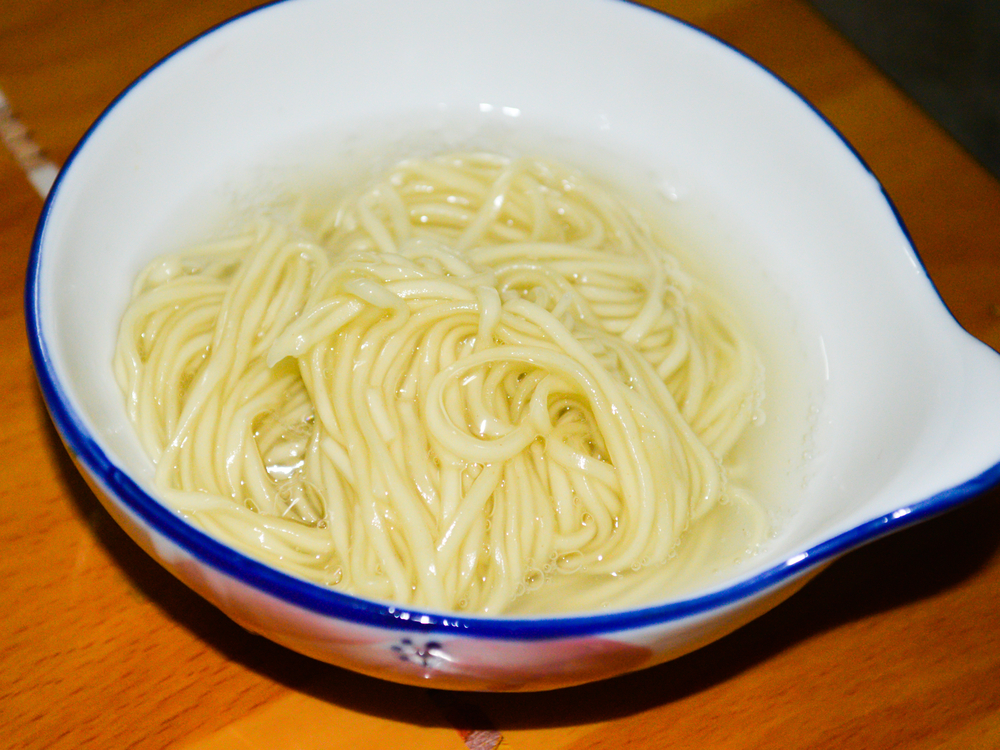
Your Most Asked Questions About Birthdays
So we’ve taken a look at some of how birthdays are celebrated in different countries. Obviously, with 195 countries, we can’t go through them all, so as well as the countries that you asked about the most, we have also taken a look at some of the other birthday questions you guys had.
How Would You Celebrate Birthdays If You Were…
Jewish
There are a lot of Jewish holidays which can last days at a time throughout the calendar, however, typically Judaism doesn’t make too much of a fuss about birthdays. That being said there are certainly no objections to celebrating either a birthday when it occurs on either the Jewish or Gregorian calendar.
As far as celebrations go, there are a few special birthdays where specific things would be celebrated, for example, the second or third, when the child’s weaning would be celebrated. Another is the third birthday, which is when traditional Jews would cut a son’s hair for the first time, or the 12th or 13th (depending on gender) when the Bar/Bat Mitzvah is celebrated. Outside of these specific celebrations, there is no traditional way to celebrate a birthday.
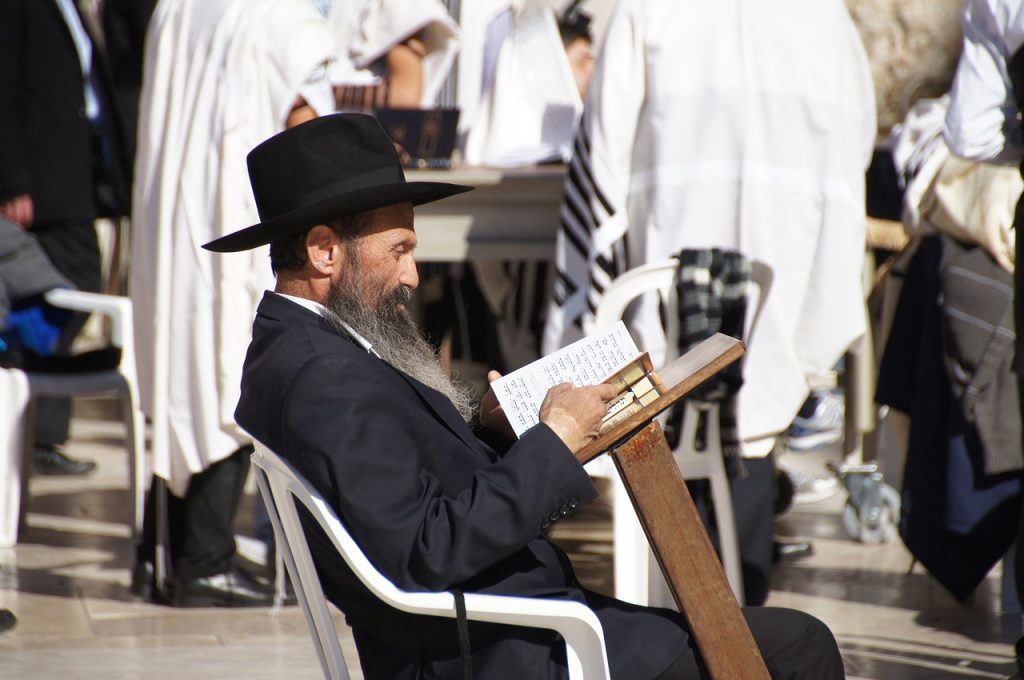
Born On A Leap Year
This one can vary. Those who are born on the elusive 29th of February only technically have a quarter of the birthdays that someone else born on the same year as them on any other date. That being said, this only stretches as far as birthdays, and not necessarily age.
A birthday is a celebration that takes place on the date on which you were born. This would take place on the 29th of February, and thus every four years. However, your age is the number of years that you’ve lived, which would still increase even though you’d not had an actual birthday.
Those considered a ‘leaper’ or ‘leapling’ would commonly celebrate their birthday on 28th February. Some, however, would celebrate on the 1st of March instead.
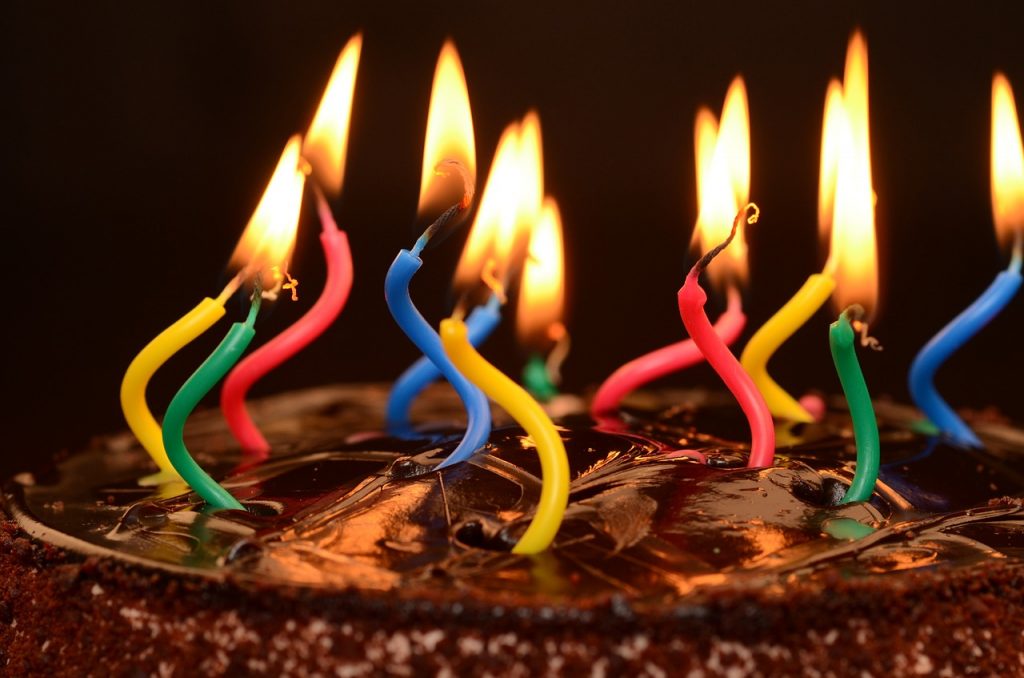
Born On July 8 Or December 17 In North Korea
In North Korea, nobody celebrates their birthday on July 8th or December 17th. These were the death dates of Kim Il-Sung (8th July 1994 at the age of 82 – which wasn’t reported by the government for over 34 hours after the event) and Kim Jong-il (19th December 2011 at the age of 70 – which wasn’t reported by the media until 51 hours afterwards).
More than 100,000 people in North Korea celebrate their birthdays on either July 9th or December 18th. Those who were born on July 8th but before ’94 can change their birthday officially.
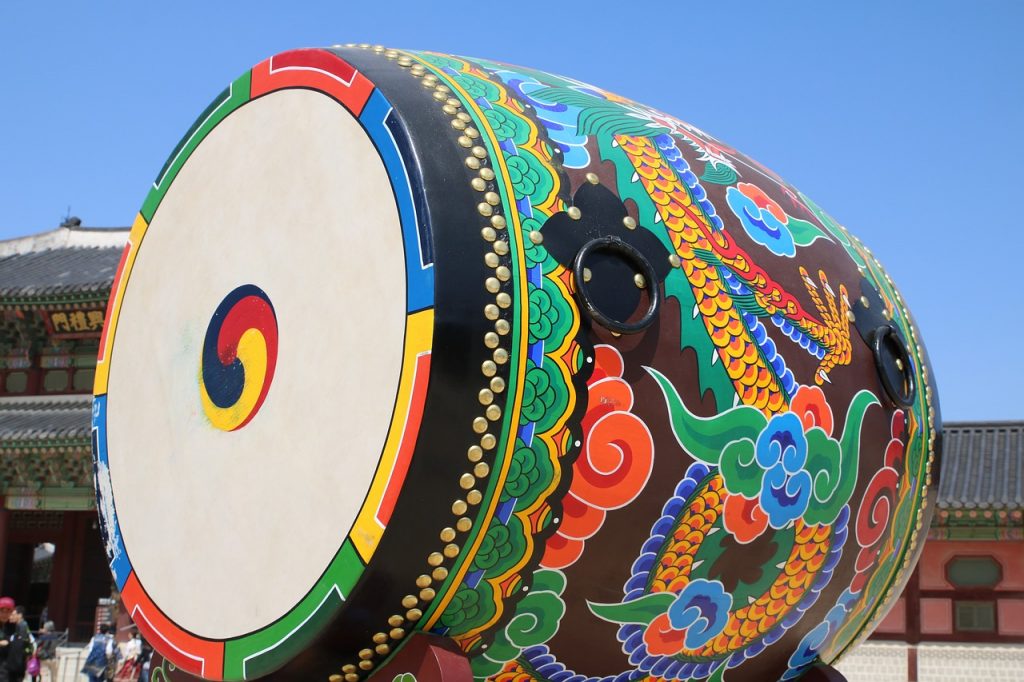
Making Birthdays Personal
That’s a lot of very different birthday celebrations! Whatever you decide to do, whenever you decide to do it, birthdays are a very special time. They focus on solely one particular loved one (usually) at any given time. Make their next birthday a special one and design your very own personalized birthday gifts that will last them a lifetime.


